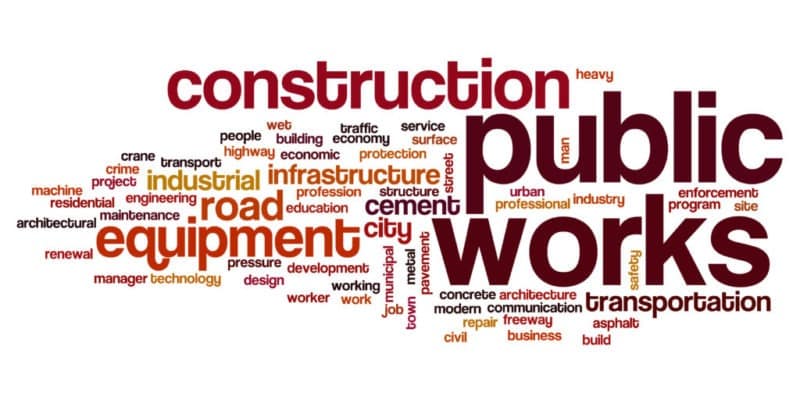- Union programs account for nearly six out of every seven construction apprentices in Pennsylvania. Over the 2000 to 2016 period, 85 percent of construction apprentices in Pennsylvania participated in joint labor management programs and 15 percent in non-union, management-only, programs.
- Union programs account for nine out of every 10 Pennsylvania construction apprentices who are not white and male. Union programs had 4,883 Non-White and Hispanic male construction apprentices from 2000 to 2016 and non-union ones had 568. Over this same period, 1,083 female apprentices participated in union programs, and 83 females participated in non-union programs.
- Union apprenticeship programs graduate more than six veterans for every one veteran graduated by nonunion programs. Nearly 3,000 (2,749) veterans have participated in union construction apprenticeship programs in Pennsylvania since 2000, compared to 516 veterans who participated in non-union ones.
- Graduation rates are higher in union apprenticeship programs, including for minorities, women, and veterans. Of those enrolled in union apprenticeship programs from 2000 to 2012, 56% had completed their apprenticeship by 2016, compared to a completion rate of 44% for non-union programs. For minority male and female apprentices, and for veterans, graduation rates were about 25% higher for union apprenticeship programs than non-union.
- Wage rates at entry and especially at completion are higher in union apprenticeship programs. Starting wages for union apprentices are 36% higher than for non-union apprentices. Upon completion (or “exit”), the union apprentice pay premium compared to non-union apprentices climbs to 60%.
- Higher shares of blue-collar union trades in Pennsylvania have a two- or four-year college degree than nonunion trades and the share of blue-collar union trades with a college degree has risen to one in four. The share of unionized blue-collar trades that have a two-year or four-year college degree has more than doubled since the early 1990s, to just over 25%. The share of non-union trades that have a college degree has also risen but remains 10 percentage points below the union share.









